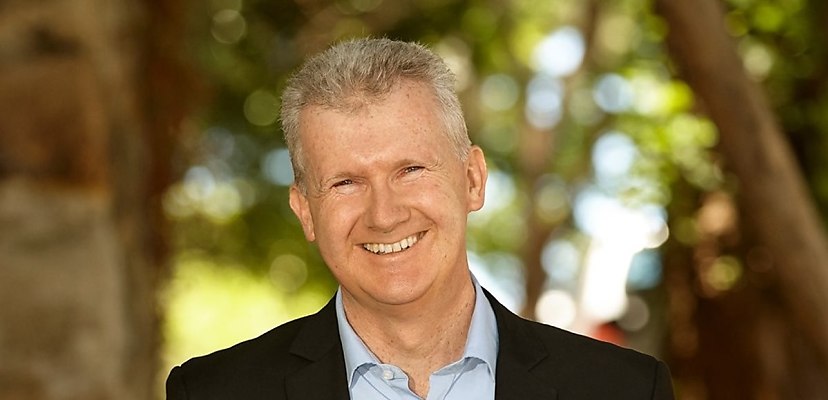Responding to draft recommendations made by the commission, Burke has said that the government has no intention of watering down copyright legislation to allow AI developers to copy the works of creators without permission or compensation.
“We have copyright laws. We have no plans, no intention, no appetite to be weakening those copyright laws based on this draft report that’s floating around,” he said.
“Use of your work for a commercial purpose, for which you have not authorised, is theft.”
Burke also noted that AI was likely to have an impact on workers, particularly creatives like voice actors.
“There’s a massive decline in [voice actor’s] work, where not only is the work sometimes now being done by a machine, but right at the moment the machine is able to emulate their personal voice,” he said.
However, Burke acknowledged that the commission had a role to prioritise productivity above all else, which likely led to their decision.
“They have a particular role … to look at things entirely through a lens of productivity. My role as Australia’s Arts Minister is to also respect that a nation has culture and that people have a soul,” he said.
The Home Affairs Minister also said that he is not against technological development, but that safeguards are necessary to protect artists and the lives of people.
“I don’t fear technology, I just know we need to be able to respond to technology,” he said.
Burke also promoted Creative Australia’s submission to the commission, which argued that copyright protections are necessary to protect artists. The submission calls for copyright protections not to be weakened, for AI-generated content to have labelling mandates, and cultural safeguards to prevent the unconsensual exploitation of Australian works.
“I am really proud of that mission,” he said.
Burke’s comments come as former co-CEO of Australian tech giant Atlassian, Scott Farquhar, stated that Australia should allow AI to train on copyrighted material and critiqued Australia for not having fair use exemptions.
“All AI usage of mining or searching or going across data is probably illegal under Australian law, and I think that hurts a lot of investment of these companies in Australia,” he told ABC’s 7:30 program.
Farquhar argued that, provided an artist is not directly copied, it’s fair use.
“I do think people would say that, hey, if people are going to sit down with a digital companion, an AI song creator and they collaboratively work with an AI to create something new to the world, that’s probably fair use,” he said.
Farquhar went as far as to say that he would be fine if his intellectual property was used by someone else, provided it was not to create a direct competitor.
“If someone had used my intellectual property to compete with me, then I think that is an issue, directly with me. If they’d used all the intellectual property of all the software [in] the world to help people write software better in the future, I think that is a fair use,” he said.
However, in the context of artists, AI art is a direct competitor to real artists, as it is cheaper and easier to make, and has proven to be damaging to creative workers, as pointed out by Burke.


